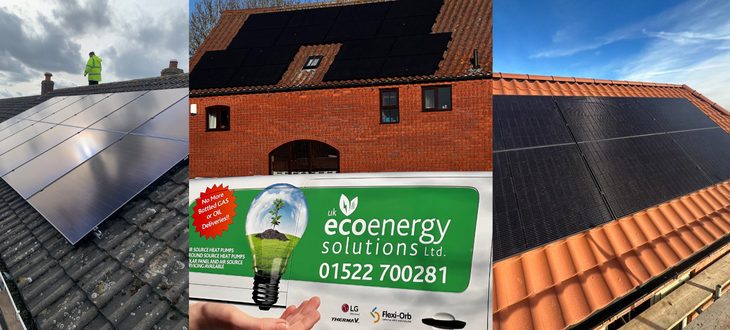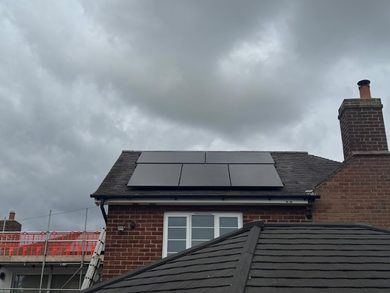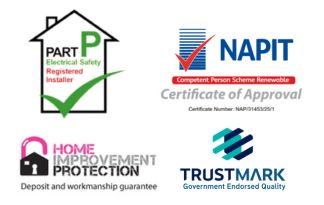
7 Things to Know Before Getting Solar Panels in the UK
More and more people in the UK are choosing solar panels to cut energy bills and live more sustainably. But before you get them installed, it’s important to know how they work and what to expect. Here are 7 things to keep in mind:
1. Check if Your Roof is Suitable
Solar panels work best on south-facing roofs in the UK because they get the most sunlight throughout the day. If your roof faces east or west, panels can still be effective, but they will usually generate around 15–20% less electricity. North-facing roofs generally aren’t recommended, as they don’t receive enough direct daylight to make the investment worthwhile.
The angle of your roof also plays a role. A tilt of around 30–40 degrees is considered ideal in the UK, but installers can adjust the mounting system to get the best results if your roof is steeper or flatter.
It’s also important to check that your roof is in good condition. Solar panels can last 25–30 years, so if your roof is nearing the end of its life, it’s smart to replace or repair it first. This avoids the cost and hassle of removing the panels later for roof work.

2. UK Weather Still Works for Solar
Yes, even with our cloudy skies! Solar panels don’t need blazing sunshine all day long; they work with daylight, not just direct sun. This means they will still generate electricity on cloudy or rainy days, just at a lower level.
On average, the UK gets around 1,000–1,100 hours of sunshine per year, which is enough to make solar worthwhile. In fact, Germany (a country with less sunshine than parts of the UK) has been one of the world leaders in solar power for years.
Of course, the more sunny days you get, the more power your panels will produce. That’s why homes in the south of England usually see slightly higher returns than those in Scotland. But no matter where you live in the UK, solar panels can still save you money and cut your carbon footprint.

3. Understand the Costs
The upfront cost of solar can be several thousand pounds, depending on the size of your system. The good news is that prices have fallen a lot in recent years, and there are different ways to pay, buying outright, using finance, or even installing with a “rent-a-roof” type scheme in some cases.
4. Look Into Incentives and Schemes
The government no longer offers the old Feed-in Tariff, but there’s still help available. The Smart Export Guarantee (SEG) lets you sell extra electricity back to the grid. Some energy suppliers pay more than others, so it’s worth shopping around.
5. Think About Savings and Payback Time
Solar panels can cut your electricity bills by a good amount, especially if you’re home during the day to use the power directly. Most UK households see payback in around 8 to 12 years. After that, the energy you generate is pretty much free.
6. Panels Last for Decades
Most solar panels last around 25 to 30 years, and many will keep working even beyond that, just with slightly reduced efficiency. This long lifespan is one of the biggest benefits of going solar, as it means decades of free electricity once you’ve paid off the system.
They also don’t need much looking after. In most cases, the rain in the UK is enough to keep them clean, though an occasional professional clean can help if you live in a particularly dusty area or near trees that drop leaves. It’s also a good idea to have a routine inspection every few years to make sure everything is running smoothly.


Most solar panels last around 25 to 30 years, and many will keep working even beyond that, just with slightly reduced efficiency. This long lifespan is one of the biggest benefits of going solar, as it means decades of free electricity once you’ve paid off the system.
They also don’t need much looking after. In most cases, the rain in the UK is enough to keep them clean, though an occasional professional clean can help if you live in a particularly dusty area or near trees that drop leaves. It’s also a good idea to have a routine inspection every few years to make sure everything is running smoothly.
7. Battery Storage Can Boost Savings
A solar battery lets you store extra electricity to use in the evenings, instead of sending it all back to the grid. Batteries aren’t cheap, but they can make your system more efficient, especially if you use most of your energy after dark. If you are interested in going solar, get a free quote below.


